Alstrut India Pvt. Ltd. is banking on its range of smart autonomous collaborative robots to alter the levels of automation in the auto components industry.
Story by:
Deepti Thore
Collaborative robots or cobots are designed to work in close proximity with the human workforce. Relatively unguarded, they are easy to integrate. The objective being to keep humans from working on repetitive and dangerous tasks. With the advent of cobots by 2008, the belief that humans can be better utilised by ensuring they devote time to higher valued, manual tasks, both upstream and downstream has only got stronger. According to MIT researchers, humans working in tandem with robots have found to be 85 per cent more productive than those working alone. Cobots also help eliminate the risk of Repetitive Strain Injury (RSI) as per the study. Opined K Srinath, Business Head – Robotics, Alstrut India Pvt. Ltd., “The cobots have brought a complete shift in the orientation of how automation is looked at.” “Using human intelligence, the level of automation actually required gets reduced. While in the past the popularity of smart sensors was found in plant operations, the collaborative robots on the other hand, with the help of human intelligence have been able to reduce the concerns pertaining to the handicap failing to work on an application in the absence of the sensor,” he explained. Srinath claimed that the combination of a human, performing the tasks of the sensor in collaboration with a robot, is the USP for the Chennai based company with its cobots deployed at multiple client sites in India and globally as a testimony. It has a serious potential to alter the levels of automation in the auto components industry.
Alstrut India is driving a change in the automation segment with its claims of deploying over 100 cobots in India for various applications including pick and place, palletising, machine tending, vision-based bin picking and sorting using an advanced gripper. The company’s programming services are specifically focused on Universal Robots (UR) such that the cobot is programmed to work for the desired application. Universal Robots is a manufacturer of flexible industrial cobots arms, based in Odense, Denmark with over 34,000 units sold and 65 patents registered. With support from such a globally reputed partner, the company can also help integrate various other automation elements to work together like special grippers, vision systems, force-torque sensors, etc. Besides collaborative robot planning, Alstrut India offers robotic and end of line automation solutions in discrete manufacturing industries across India. It also offers services across Design and Consultancy, Programming PLC, Control Panel Design, Proof of Concepts or tryouts, Process Visualisation, Simulation and Training. Alstrut’s auto components clientele includes companies like Amara Raja, BorgWarner, Bosch, Brakes India Limited, Delphi-TVS, Endurance, Federal Mogul, Fleetguard, Oerlikon, Indo-Mim, Rane, Saint-Gobain, Spark Minda, Toyota Kirloskar, Visteon and Voith to name a few. Its Original Equipment Manufacturer clients include Ashok Leyland, Bajaj, FIAT, Ford, Honda, Hyundai, Nissan, Royal Enfield, Toyota and Yamaha.
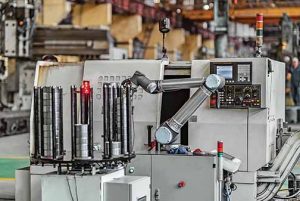
Cobots with the aid of human intelligence has addressed the handicap of not being able to work without sensors.
The company is banking on two types of cobots – Universal Robots (a six-axis robot ) and Mobile Industrial Robot (Autonomous Mobile Robot). The UR series claimed Srinath, facilitates easy integration in existing production environments making them a good retrofit option. Using six articulation points and high flexibility, the series is built on the fundamental of mimicking the motion of a human arm. Among key noteworthy advantages claimed by the company are lesser implementation cost compared to traditional robots, fast setup, lightweight built, ease of programming, flexible deployment, highly collaborative and safe to work and easily replaceable joints. The product portfolio includes the UR3, UR5, UR10 rated for 3 kg, 5 kg and 10 kg payloads respectively and the e-Series UR5e cobots. The UR5, for instance, is already in use at the Cummins Emissions Solutions Components plant in Pune, India to pick and place parts. Take the top of the line UR10 cobot for instance. At 28.9 kg, it has a reach of 1300 mm with a (+ or -) joint range of 360 degrees. The base and the shoulder can operate at a speed of 120 degrees per second, with wrist 1,2 and three rated for a speed of 180 degrees per second and a tooling speed of 1 m/s or 39.4 in per second.
With a degree of freedom of six rotating joints, the UR10 features 2 digital in, 2 digital out and 2 analogue I/O ports. Designed to work with the TCP/IP 100 Mbit: IEEE 802.3u, 100BASE-TX Ethernet socket & Modbus TCP communication protocol, the cobot is operated by a polyscope graphical user interface connected to a 12-inch touchscreen with mounting. The IP54 robot is claimed to have a power consumption of 350 Watts and is tested for operations in a temperature range of 0-50 degrees. At high continuous joint speed, said Srinath, the ambient temperature is reduced. Expressed Srinath, that the partnership with Universal robots, a pioneer in collaborative robot space and with Mobile Industrial Robots, a pioneer in autonomous mobile robot space have been an important milestones for the company. “ The two collaborative robots have enhanced the company’s ability to create valuable solutions for manufacturing companies. The company recently also launched the new ‘Cobotizur’, a modular, plug and play equipment which can be integrated with the UR10 or UR10e collaborative robot from Universal Robots to provide the user with a ‘collaborative robot palletiser’. Known to automate palletising of carton boxes onto the pallet, Universal Robots has certified the Cobotizur as a UR+ product. With a higher speed of implementation, it is claimed to have a small footprint too. Other noteworthy advantages include a vertical seventh axis, cobotizur palletisation software, touch-panel HMI and high uptime.
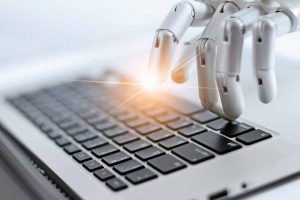
The partnership with Universal robots and Mobile Industrial Robots are an important milestone for Alstrut.
Seeing maximum traction from the segment witnessing manpower challenges especially where a lot of people fall are said to belong to the higher age bracket, Alstrut India aims to automate the operations that are unsafe or are repetitive in nature. Srinath opined, doing so, would be a step in the right direction to upgrade skillsets of the existing pool. Allaying fears of automation causing job losses, Srinath mentioned that the company did not replace humans completely from any given operation. He reiterated that the next-generation solutions will continue to be human-operated where-in the worker and the robot will collaborate to finish the assigned task. With the powerful combination of human intelligence and the ability of a robot to perform repetitive tasks, Srinath believes the company is in a good position to acquire the desired growth aspirations with its other set of partners in OnRobot, Pick-it, Robotiq, Weiss Robotics, Modu Systems, and Omron Microscan.
As per a study by Universal Robots, Rethink Robots and FANUC, the market for cobots could be pegged at USD 3.1 billion by 2020. Declining prices are said to have only helped this valuation. Falling at a rate of three to five per cent on an annual basis, from an average price of USD 28,000 in 2015, cobot prices are expected to correct to USD 17,000 by 2025. China is among the largest markets for cobots and also among the fastest-growing markets. In India, Small and Medium-sized Enterprises are expected to drive the boom. According to IFR reports, 4,500 industrial robots made their way to India in 2018 alone.
Interview box- In conversation with K Srinath, Business Head – Robotics, Alstrut India Pvt. Ltd
Q. How big is the market for Cobots?
Srinath: Our company has been growing at a 2x to 3x rate and so are our partners. The parent company itself has been doubling its business. Looking at these indicators, I think the market size we are talking about is very huge. In comparison to what it is in other parts of the world, the adoption of automation in India is just one-third as compared to south-east Asia. Compared to China, it could probably be one-tenth. Opportunities and the problems are very similar whether it is in India or China as both use the same machines. It is just that they are putting more robots and we are deploying less of them. The challenges faced by China remain the same as India due to the availability of manpower considering both the countries have high human population. So we are just scratching the surface of this opportunity.
Q: Do you think the industry is fast evolving in IoT and automation?
Srinath: I think there is evidence of that. The smart manufacturing companies and especially the government is encouraging programs towards these initiatives. We have witnessed the change in different industries, eco-systems, vendors and government. I think this is the best phase to make manufacturing smarter and adopt such autonomous solutions. India being very good in IT sector has its services offered globally and so much of that is extending itself to the Indian manufacturing companies as well. It gives us an opportunity to deploy technologies to enhance Indian manufacturing companies in order to reach the next level and compete globally. Industry 4.0 awareness is much higher than it was three years back and we no longer have to explain companies to adopt smart approach to make manufacturing better.
Q: Does the ongoing economic slowdown threaten to impact business negatively?
Srinath: In the collaborative robot space, there is not much of the impact. We are just scratching the surface and for us it is still raw, primarily because every manufacturing company experiments with just one collaborative robot. There are many auto components companies and we have still not entered that segment yet where the slowdown is affecting the business. When these companies witness a slowdown, we will find an opportunity to automate their processes to ramp them up for the future. In times when people are loaded with work, they often tend to worry about the outcome of automating their machines, or what happens to production during that time. But now due to slow down, there is enough time for them to automate the product and worry less about the outcome since they can stop the machines if necessary and work around the solution while business becomes stable.
Q: What are the growth areas and challenge areas from short term to medium term and medium to long term perspective?
Srinath: The growth challenge for us comes largely from our own talent because even though these technologies are great, to conceptualise the idea and to deploy it seamlessly we depend on talented engineers. These are not the areas which have been around for a very long time. So the engineering colleges are yet to reach a point where such topics are being taught. Hence, our main focus is to educate our employees in all dimensions when it comes to automation. This is one major thing that I foresee for the future growth plans of Alstrut India.


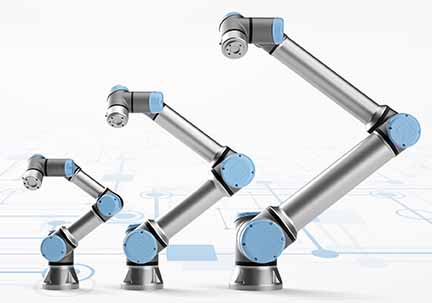
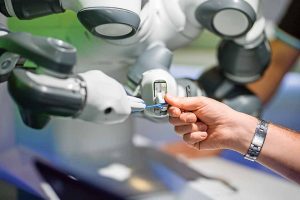
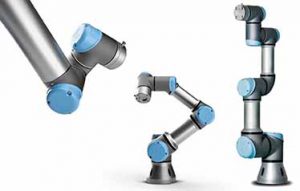
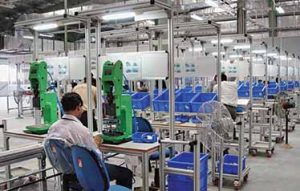
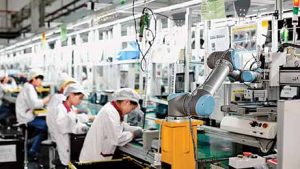

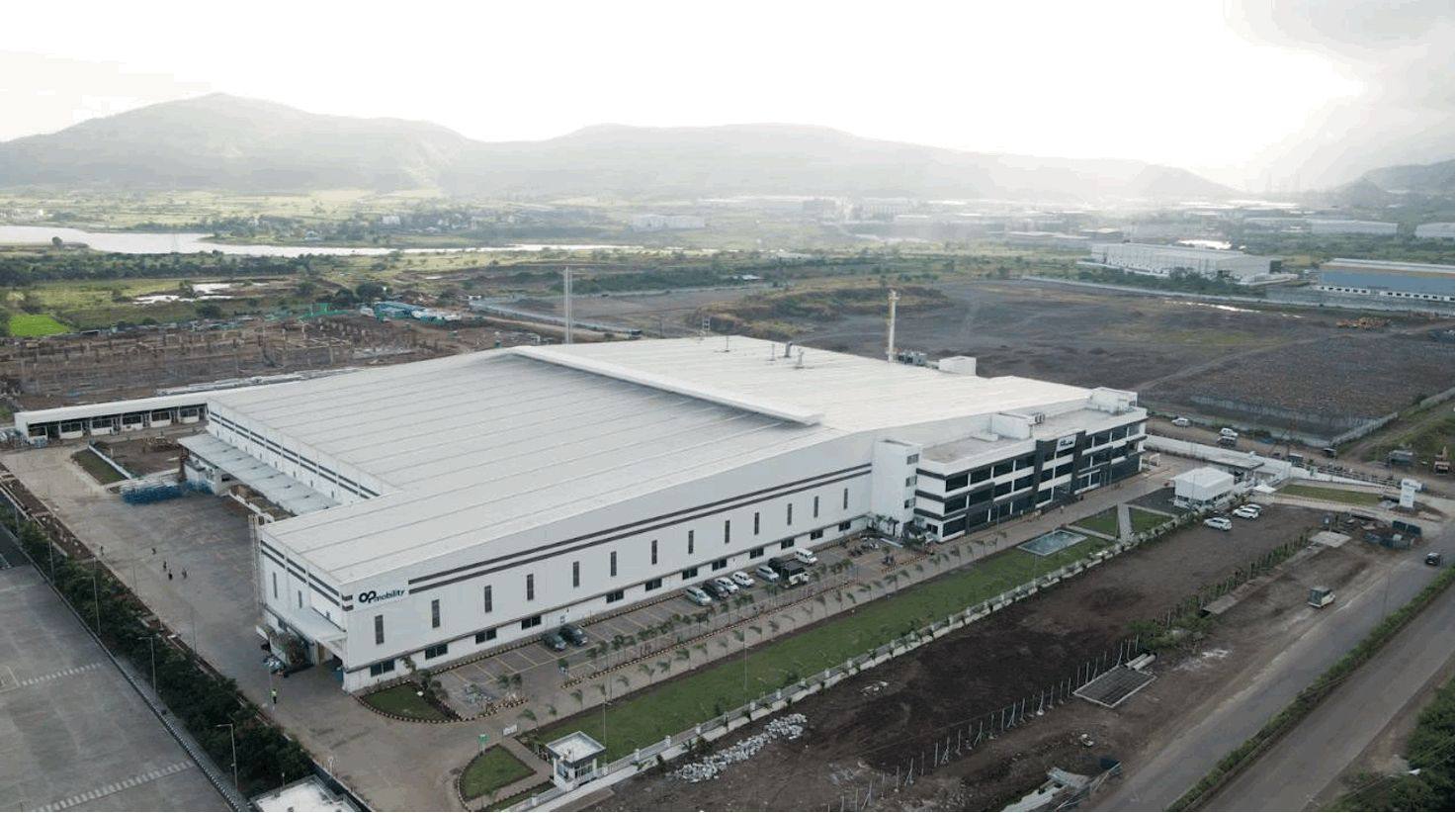
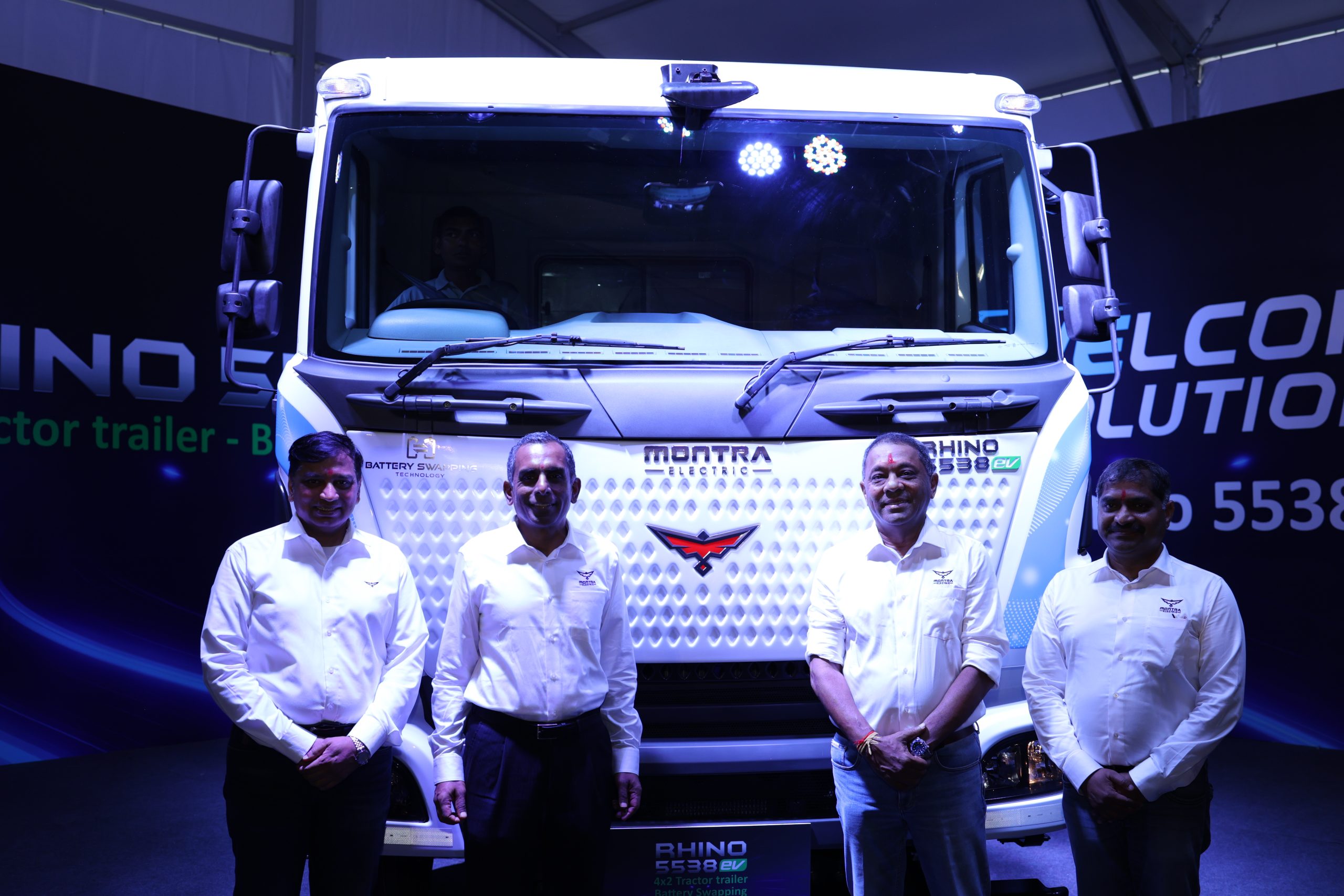
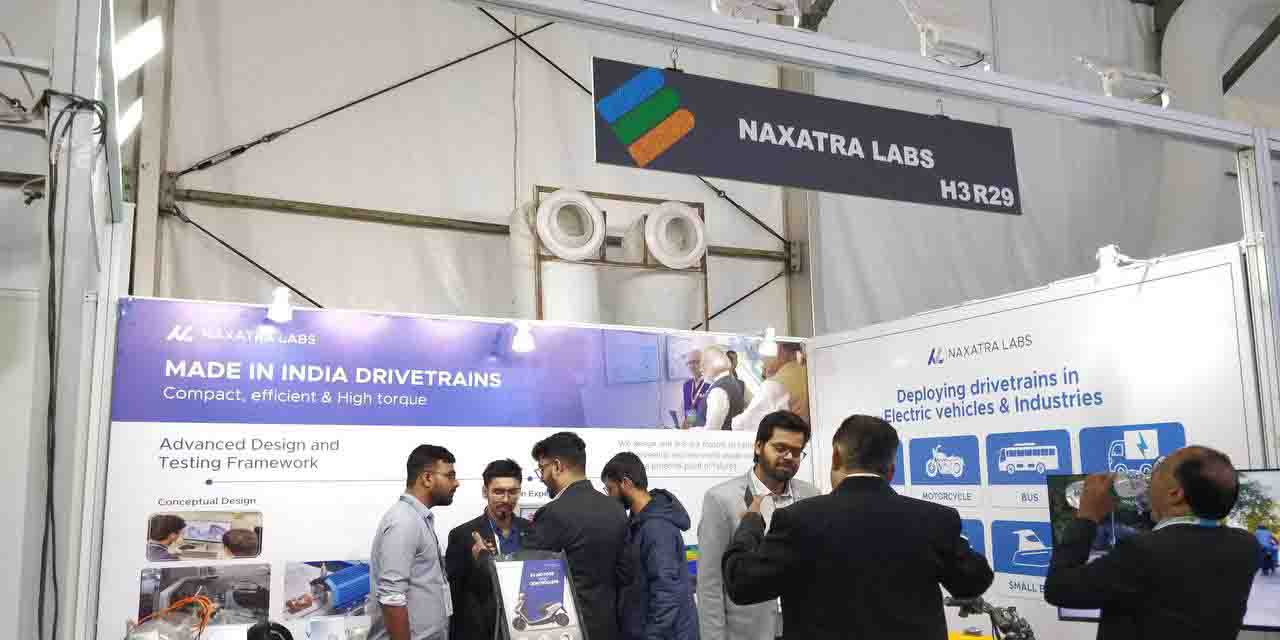
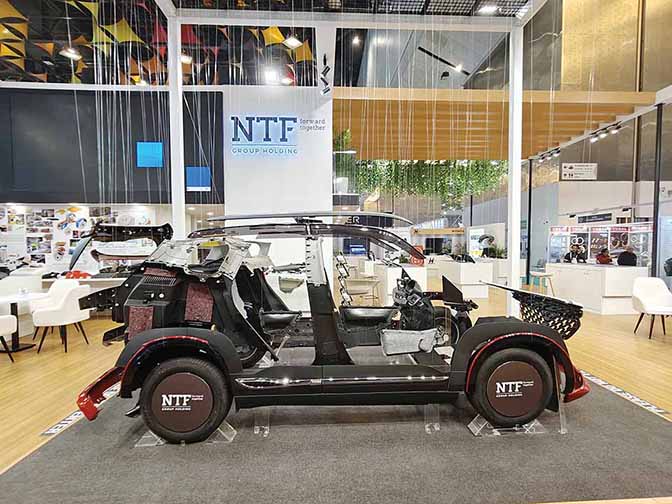
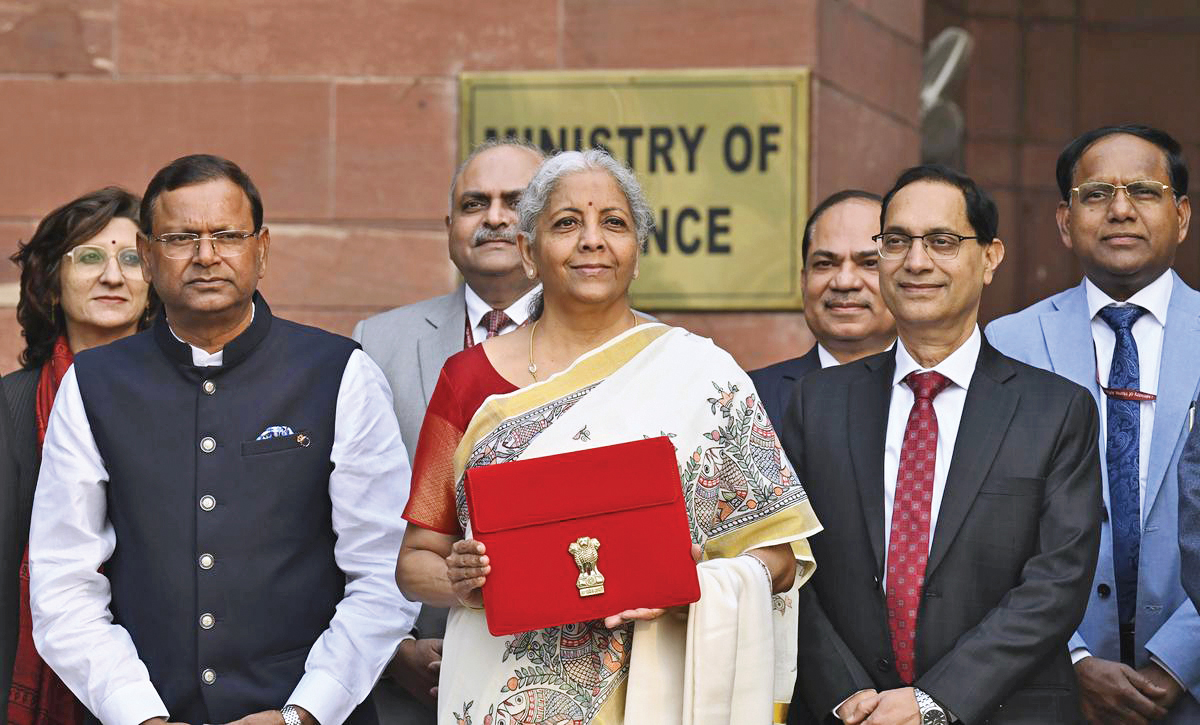
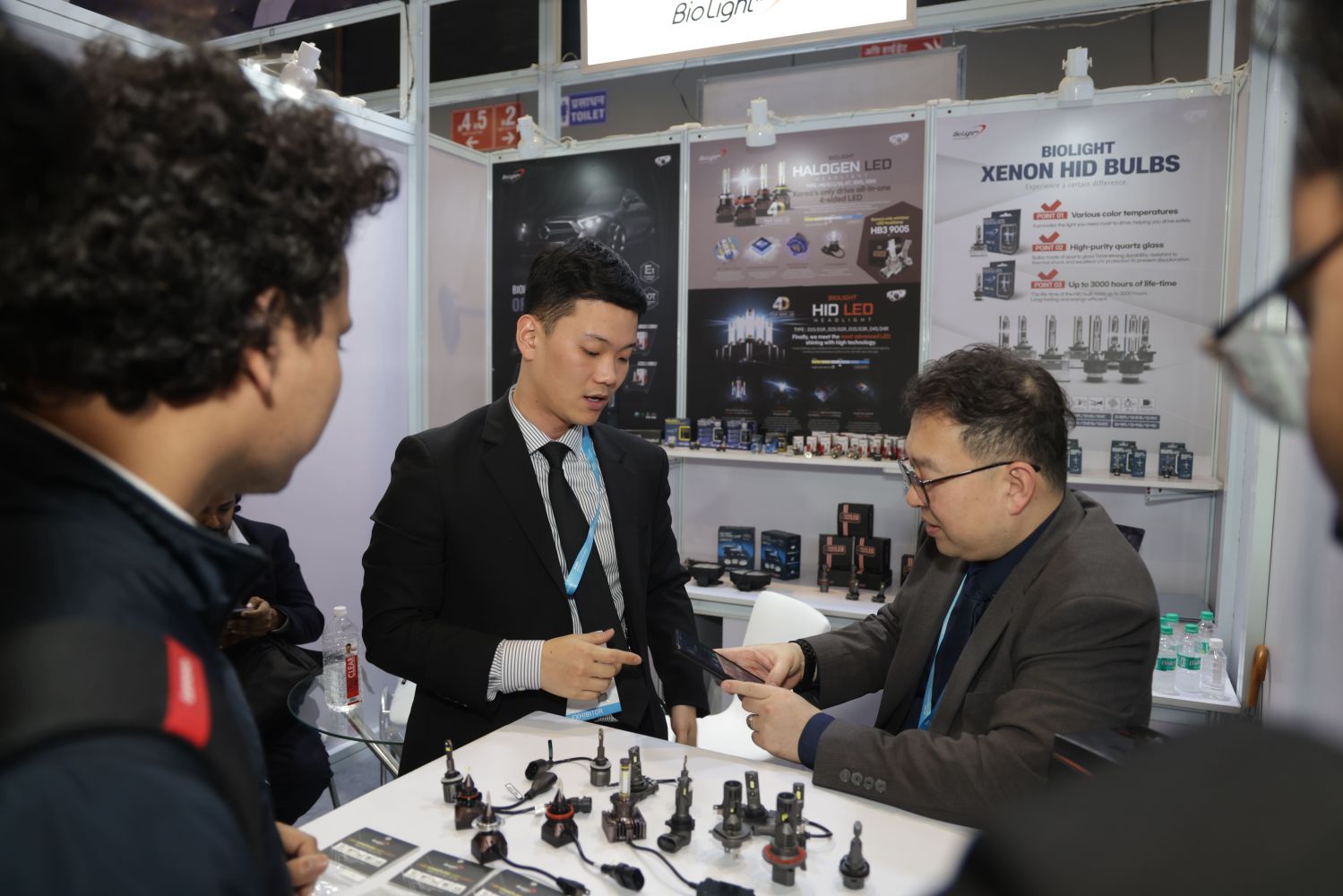
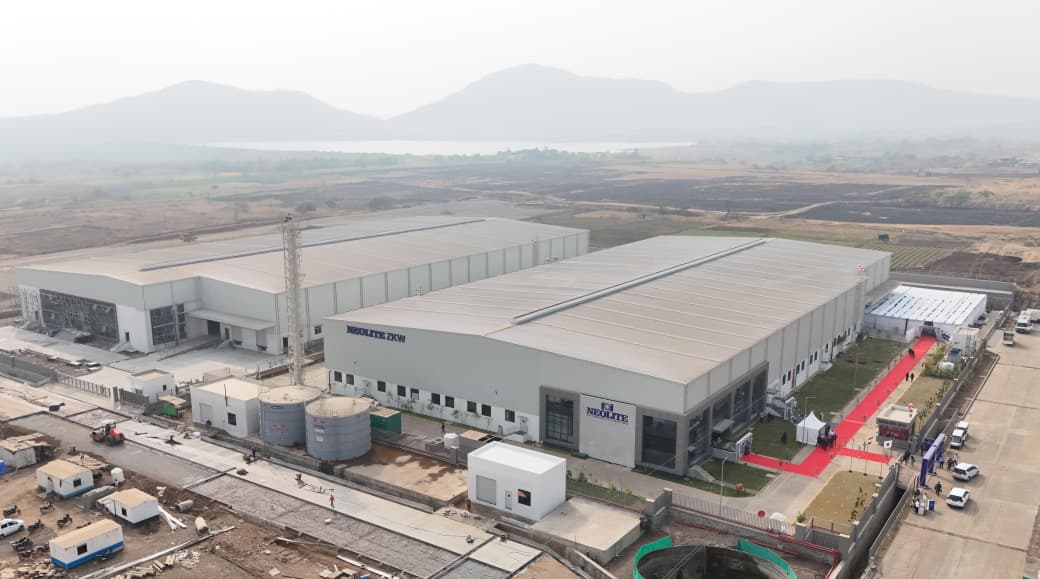
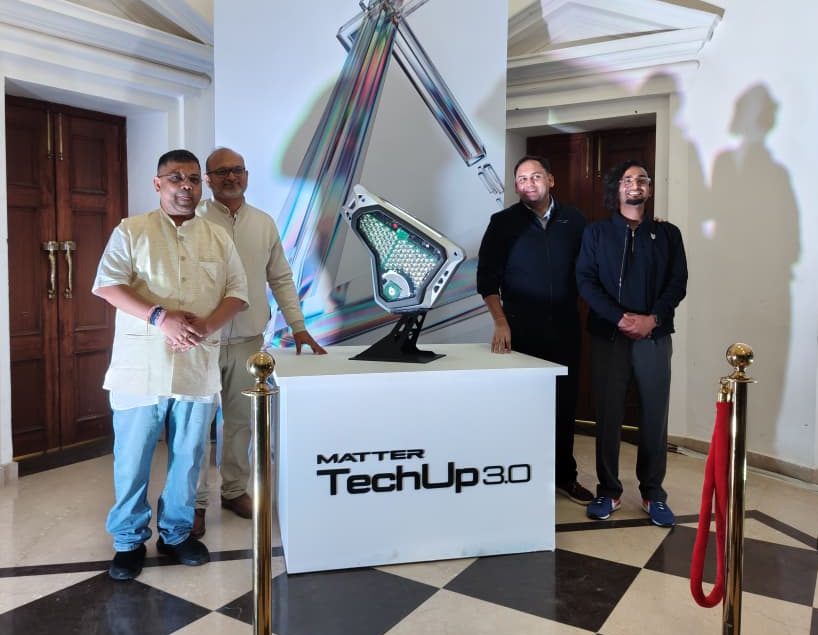
Leave a Reply